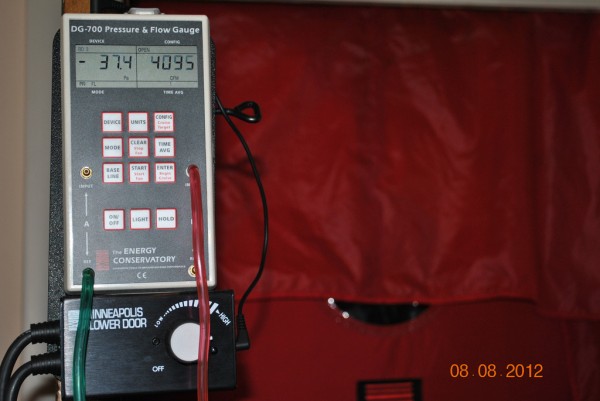An energy audit, or survey, is an approach to reviewing how and how much you use energy in your business. Through an energy audit, you can then manage how to properly use energy within your company to save money as well as promoting a green business. Conducting an energy for your business can be easily done. The survey itself will not save you energy, but it can allow you to set achievable and meaningful targets that suit your organisational needs and goals to save energy.
Before the audit
Before conducting the audit, you should obtain copies of energy invoices from the past 12 months. This should ideally include hourly data readings of your electricity use. After obtaining the information, enter it into a spreadsheet to help determine the cost and the quantity of your energy supplies.
Establish the size and age of the building along with the function. Also with the hours of occupancy, this will give you an indication of what you can save energy on as you physically inspect the site.
An audit should include every member of your team and should be have the support of the whole company, you will need to have access to all areas of the building.
Conducting the audit
With the data and information at hand, you can then go forward with prioritising areas that can yield the greatest savings. Establish the current pattern of the overall energy used in each area and the spend level. Some areas that will need your attention include;
Lightning
Heating and hot water
Ventilation
Office equipment
A benefit of performing an audit yourself is that it allows you more time to fully inspect the whole building without being pressured for time. Visit each of the areas and analyse where potential savings could be made. Are there leaking taps? Is unused equipment being left on? Could you install motion sensor lights? What about insulation? Identify the opportunities where you can reduce costs. You should also discuss with your energy supplier potential energy saving solutions.
Review your findings
Once you have inspected the building and made notes about where you can save energy, you should write a formal report. It will need to clearly explain your findings and how you have arrived at your conclusion. When writing the report, you should aim to divide your recommendations into three categories;
No cost measures- These include good housekeeping and changes towards energy saving behaviour, i.e. turning off electrical equipment
Low cost measures- Recommendations that will not require large/no amounts of capital to implement
High cost measures- Capital expenditure that will require approval
The survey should provide the motivation to take the next step. Including the overall costs of the energy usage, the areas where it is being spent the most and the steps to reduce energy costs should be laid out clearly on the report.
If you feel that you are unsure of how to properly conduct an energy audit, contact a commercial energy auditor. They can provide professional advice and in-depth solutions about how to manage your energy costs through a specialist survey that will highlight areas for you.
By Harry Price
Harry Price is a Poker playing football goalie that loves walking his 3 dogs along the costal trails near where he lives.

